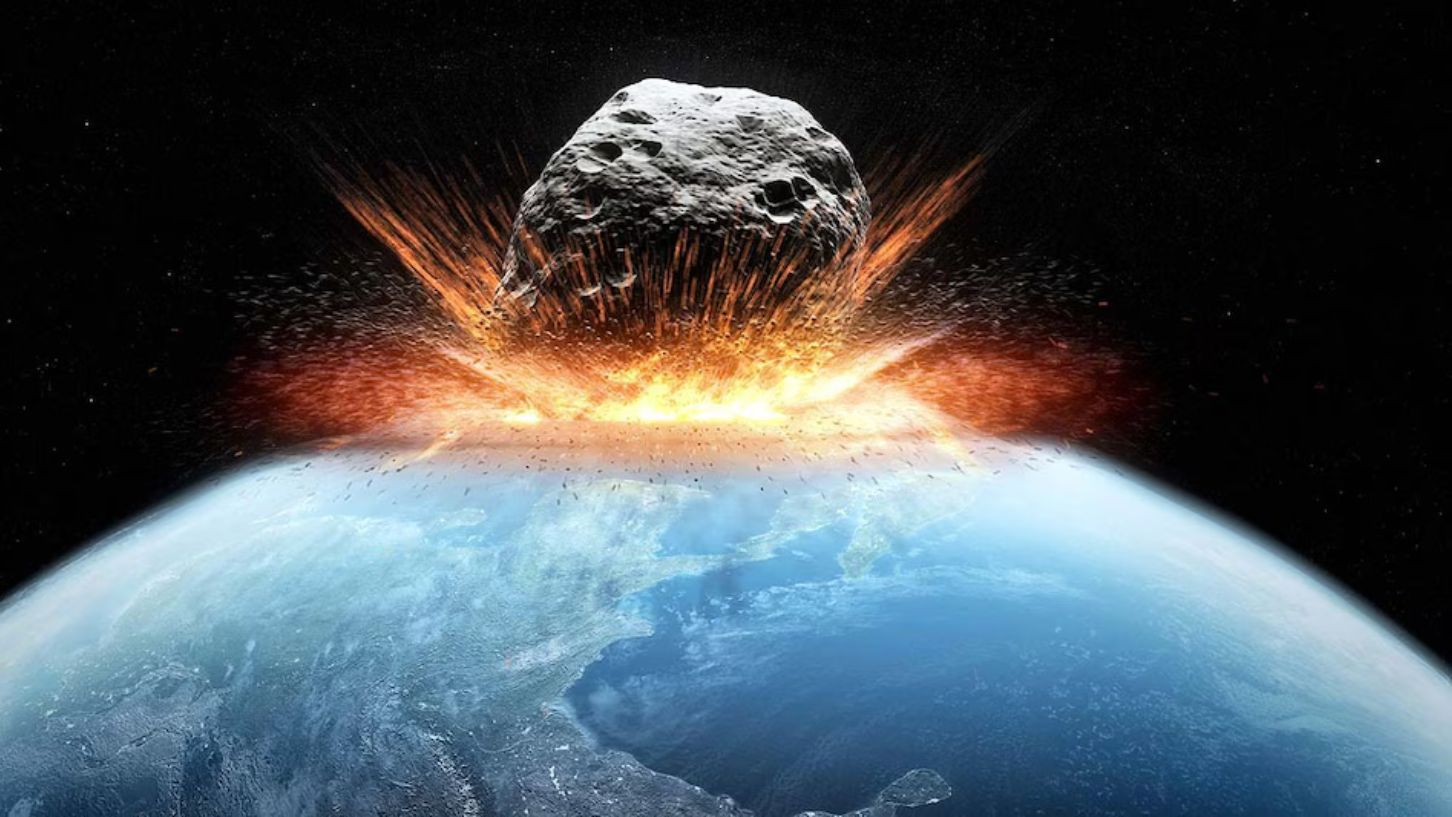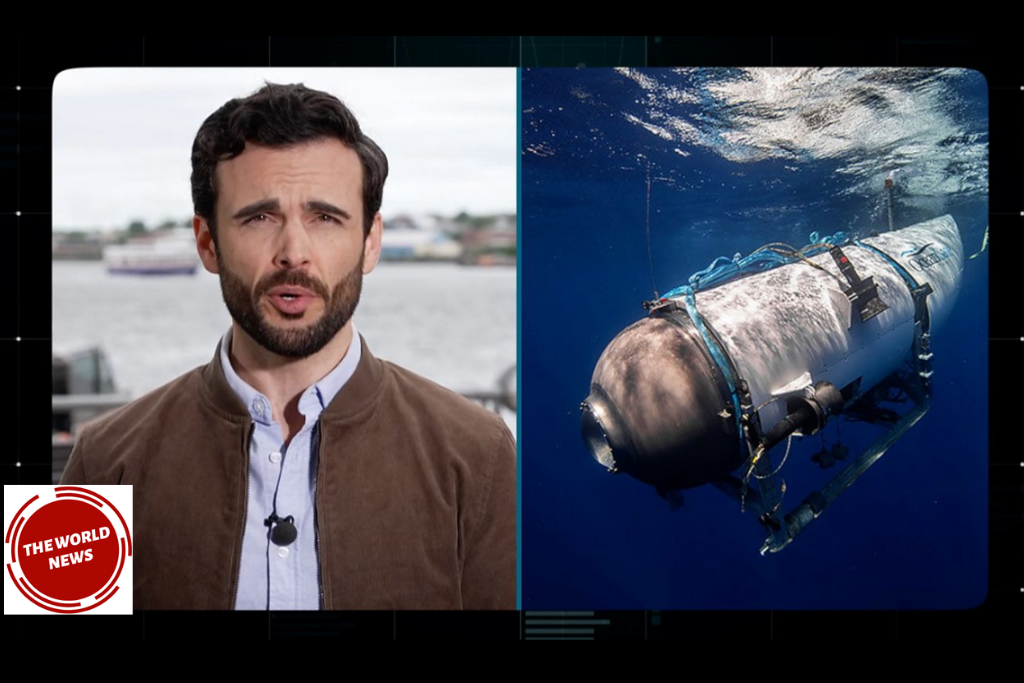Asteroid 2024 YR4 was first discovered in December 2024. Initial observations suggested a very small chance—less than 1%—that it might collide with Earth on December 22, 2032. However, as astronomers gathered more data, including observations from NASA’s James Webb Space Telescope, they refined their calculations. By April 2025, NASA concluded that the asteroid poses no significant risk to Earth. The probability of an impact has been reduced to 0.28%, and the chance of it hitting the Moon on the same date is approximately 3.8%.
The asteroid is estimated to be between 174 and 220 feet in diameter, roughly the size of a 10-story building. If it were to impact Earth, the consequences would be serious but not catastrophic. For context, a similar-sized asteroid exploded over Russia in 2013, causing damage but no fatalities.
Why Is NASA Monitoring Asteroids?
NASA’s interest in asteroids stems from their potential to cause significant damage. While large impacts are rare, they can have devastating effects. For example, it’s believed that an asteroid impact contributed to the extinction of the dinosaurs millions of years ago.
To mitigate such risks, NASA has established the Planetary Defense Coordination Office, which works to detect, track, and characterize near-Earth objects (NEOs). This includes conducting exercises to prepare for potential asteroid threats. In 2024, NASA simulated a scenario where a hypothetical asteroid had a 72% chance of impacting Earth in 14 years. While this was just an exercise, it highlighted the importance of preparedness and international cooperation in planetary defense.
Should We Be Concerned?
While the possibility of an asteroid impact is real, the likelihood of a significant event occurring in the near future is extremely low. NASA’s ongoing monitoring efforts ensure that any potential threats are identified well in advance, allowing for appropriate measures to be taken.
For instance, the asteroid Apophis, once thought to have a chance of impacting Earth in 2029, has been closely monitored. NASA now confidently states that there is no risk of Apophis impacting our planet for at least the next 100 years.
Conclusion
In summary, while NASA has been monitoring asteroid 2024 YR4, the agency has determined that it poses no significant threat to Earth. Through continuous observation and research, NASA works to identify any potential asteroid impacts as early as possible, allowing for timely action if necessary. So, while it’s important to stay informed, there’s no need to panic.



